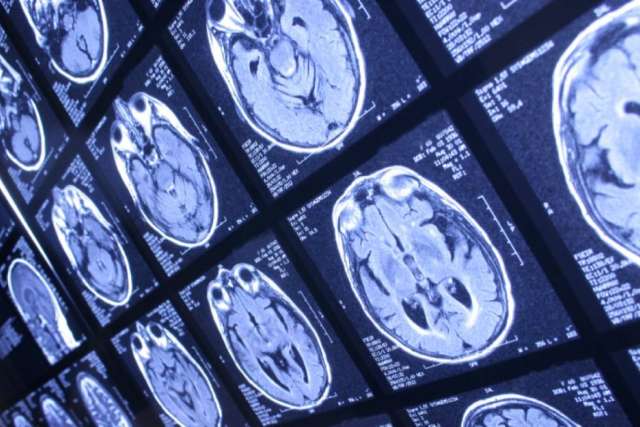Bruce Willis’ family announced on Wednesday, March 30 that the actor is stepping away from his career after being diagnosed with aphasia.
This neurological condition interferes with the ability to process language, says Mario Mendez, MD, PhD, a behavioral neurologist with UCLA Health.
What is aphasia?
Aphasia is a disturbance of the brain’s system for creating and understanding the symbols of communication, Dr. Mendez says. It disrupts processing of sounds and letters as language.
“When you have a disturbance in that part of the brain, you either don’t understand words or sentences or you have trouble creating them,” he says.
Because aphasia affects how the brain makes sense of symbols, it can interfere with spoken and written language, musical notations, sign language and even Morse code.
“It’s a disturbance in all symbols for communication,” Dr. Mendez says.
Understanding numbers may also be affected, “but there’s a whole different system in the brain for numbers,” he says.
What causes aphasia?
Aphasia is most commonly associated with stroke, a serious condition that interrupts blood supply to the brain. Other causes include brain injuries, tumors, abscesses or localized nerve degeneration.
Genetic abnormalities can contribute to the development of aphasia, Dr. Mendez says.
Stroke is largely preventable through healthy diet, regular exercise and avoiding obesity and smoking, according to the American Stroke Association.
What are the warning signs?
Aphasia can be a progressive condition. If a person who was once fluent with language begins having consistent trouble finding words or expressing themselves, they should see their doctor.
People with aphasia may not realize they are having trouble processing language, Dr. Mendez says.
In general, individuals who have trouble making words may be more cognizant of impairment than those who have trouble understanding words, he says.
Friends and family members are often the first to notice changes in a loved one’s speech and expression.
“People who know you and are close to you, who know what your language and speech patterns are, will become the most aware and concerned,” Dr. Mendez says.
How is aphasia diagnosed?
Examination is crucial, Dr. Mendez says. A clinical diagnosis is followed with brain imaging to pinpoint the area of disturbance. The location and underlying cause of the problem can affect the course of the condition and whether resulting deficits are permanent.
What treatments exist for aphasia?
The usual intervention is speech and language therapy.
Depending on the type and severity of the condition, people with aphasia can express themselves in different ways, Dr. Mendez says.
“If they understand words, but they can't easily make them, then sometimes they struggle, but they often get their message across with effort,” he says. “Also, their effort may be less pronounced in writing than in speaking.”
Alternative ways of communicating include using gestures.
“These are some of the ways that a good speech and language pathologist can help in therapy for these patients,” Dr. Mendez says.
Learn more about UCLA Health Speech and Language Pathology.




